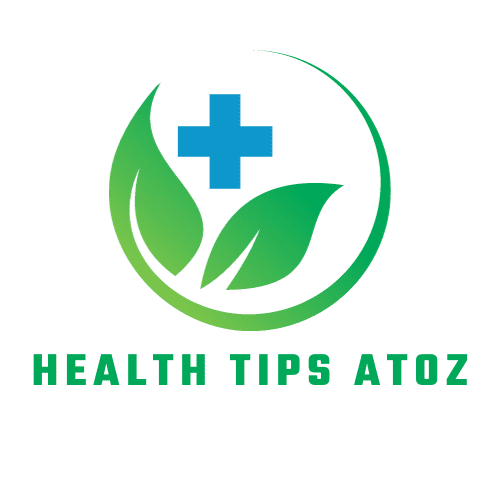In an era where health and wellness are paramount, health supplements have gained widespread popularity as a means to bridge nutritional gaps, boost well-being, and address specific health concerns.
These supplements come in various forms, from vitamins and minerals to herbal extracts and protein powders.
But with this abundance of options, it’s crucial to navigate the world of health supplements wisely, understanding the benefits, risks, and how to make informed choices. In this article, we explore the realm of health supplements.
What are Health Supplements?
Health supplements are products intended to supplement your diet with nutrients that may be missing or insufficient in your regular meals.
They come in various forms, including pills, capsules, powders, liquids, and gummies. The most common types of supplements include vitamins, minerals, herbal extracts, amino acids, and dietary compounds.
Benefits of Health Supplements
- Nutritional Gaps: Health supplements can fill in nutritional gaps that may exist in your diet. For example, if you’re not getting enough vitamin D or calcium from your food, supplements can help you meet your daily requirements.
- Targeted Health Goals: Some supplements are designed to support specific health goals. For instance, omega-3 fatty acids are known for their heart-healthy benefits, while protein supplements can aid in muscle recovery and growth.
- Prevent Deficiencies: Certain populations, such as pregnant women or individuals with specific medical conditions, may require extra nutrients. Supplements can help prevent deficiencies.
- Convenience: Supplements are convenient, especially for those with busy lifestyles, as they provide a quick and easy way to get essential nutrients.
Risks and Considerations
While health supplements offer numerous benefits, it’s essential to be aware of potential risks and considerations:
- Quality Control: Not all supplements are created equal. It’s crucial to choose high-quality, reputable brands to ensure the purity and potency of the product.
- Potential Interactions: Some supplements can interact with medications or other supplements. Consult with a healthcare professional before adding new supplements to your regimen, especially if you have underlying health conditions.
- Dosage: Taking excessive doses of certain vitamins or minerals can be harmful. Follow recommended dosages, and remember that “more” isn’t always better.
- Real Food First: Supplements should complement a balanced diet, not replace it. Real food should be your primary source of nutrition.
Making Informed Choices
To make wise choices when it comes to health supplements:
- Consult a Healthcare Professional: Before starting any new supplement, consult with a healthcare provider to ensure it’s appropriate for your individual needs and health status.
- Research: Educate yourself about the supplement you’re considering, its potential benefits, and any known interactions or side effects.
- Choose Reputable Brands: Look for supplements from established, well-regarded companies that adhere to quality standards.
- Read Labels: Carefully read supplement labels to understand the ingredients, dosage, and serving size.
Conclusion
Health supplements can be valuable tools in supporting your health and wellness journey, but they should be used judiciously and in conjunction with a balanced diet.
Understanding the benefits, risks, and how to make informed choices is essential for reaping the maximum benefits of these products.
By approaching supplements with knowledge and discretion, you can optimize your well-being and achieve your health goals in a safe and effective manner.


